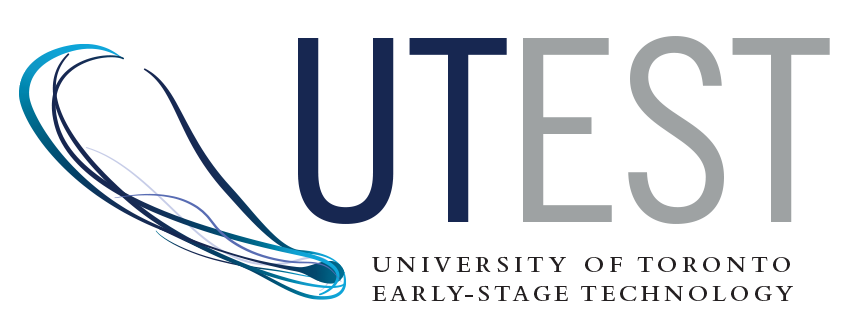 The University of Toronto Early Stage Technology (UTEST) program was the focus of a recent online article in BetaKit, a Canadian innovation and technology resource.
The University of Toronto Early Stage Technology (UTEST) program was the focus of a recent online article in BetaKit, a Canadian innovation and technology resource.
The article by Joseph Czikk, BetaKit’s managing editor, is part of a series on Canada’s most promising start-up accelerators and the people who make them successful. Czikk highlights UTEST “as one of the most value-packed programs in the entire country” and credits the calibre of applicants and ideas to the program’s requirement to have at least one co-founder affiliated to the University of Toronto.
UTEST is now accepting applications for the program’s third cohort. Those interested should watch for updates through MaRS Innovation and the University of Toronto, or contact UTEST co-directors Mike Betts and Kurtis Scissons for more information.
UTEST success stories Crowdmark, Granata Decision Systems and Whirlscape reflect the scope of ideas that come through the program and how the grow to address needs across many industries.
Czikk spoke with UTEST co-founders Mike Betts and Kurtis Scissons. Here’s an excerpt:
The co-directors sounded proud of their program’s focus on these extremely early-stage companies. For them, being there in the founding stages is as important as watching later-stage success. “There’s a few things that makes UTEST unique, in that were not afraid to take on things that are very much in their infancy,” said Betts.
Arguably another advantage for companies coming into the program is the ownership and funding structure. Every year UTEST collects $75,000 from UofT’s Connaught Fund. It was founded in 1972 when UofT sold its insulin laboratories for $29 million. It’s purpose is to help researchers further their work. The other $75,000 that UTEST gets every year comes from MaRS Innovation.
Because of that funding structure it could be argued that UTEST doesn’t face the same pressure to produce successful companies as other accelerators do, who need to create returns for their limited partner investors. After all, any cash earned from a successful exit from a UTEST startup is reinvested back into the Connaught Fund.
Betts shut that theory down pretty quickly. “It’s under the exact same pressure to try and create homerun companies,” he said. “This isn’t meant to be a charitable endeavour, it’s meant to create successful organizations and sustainable technology companies.”
Click here to read the full article.
Posted by Kailee Travis, writer and communications assistant.

